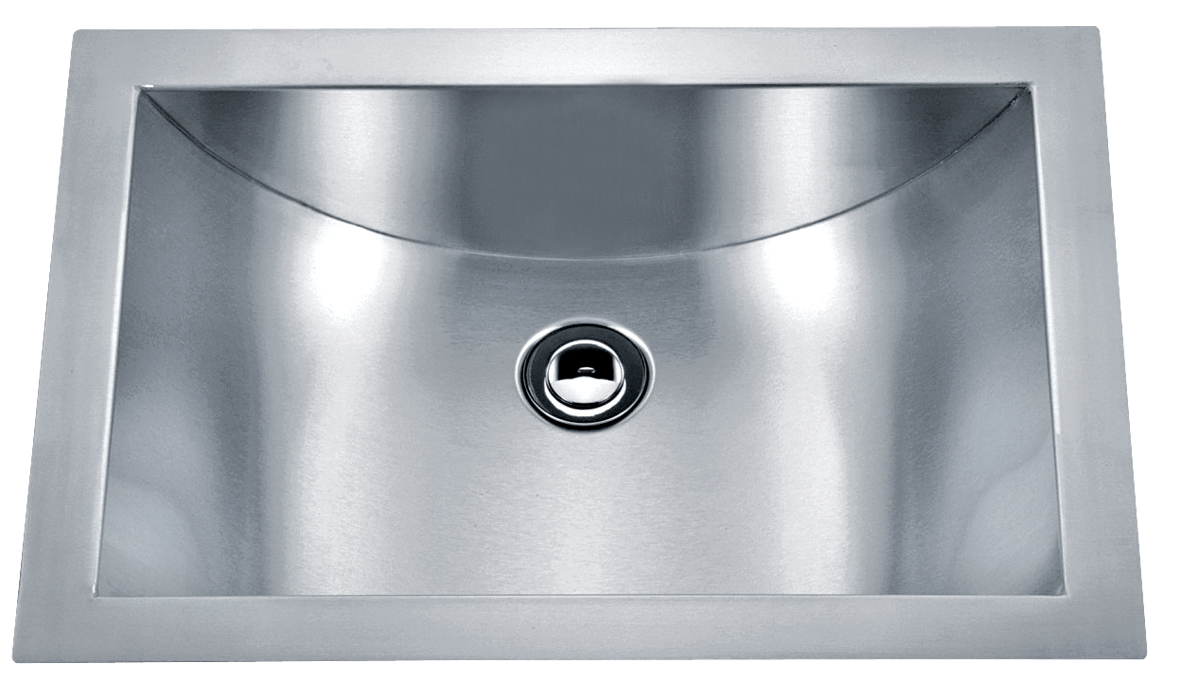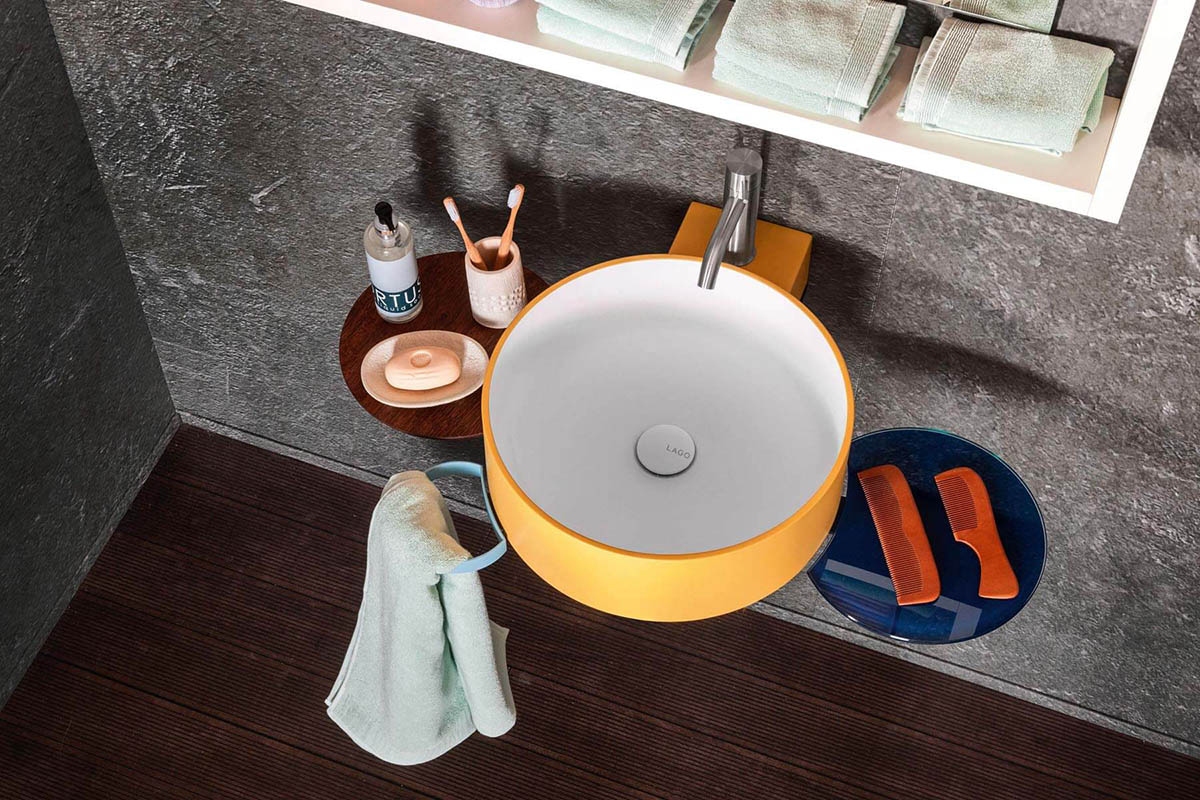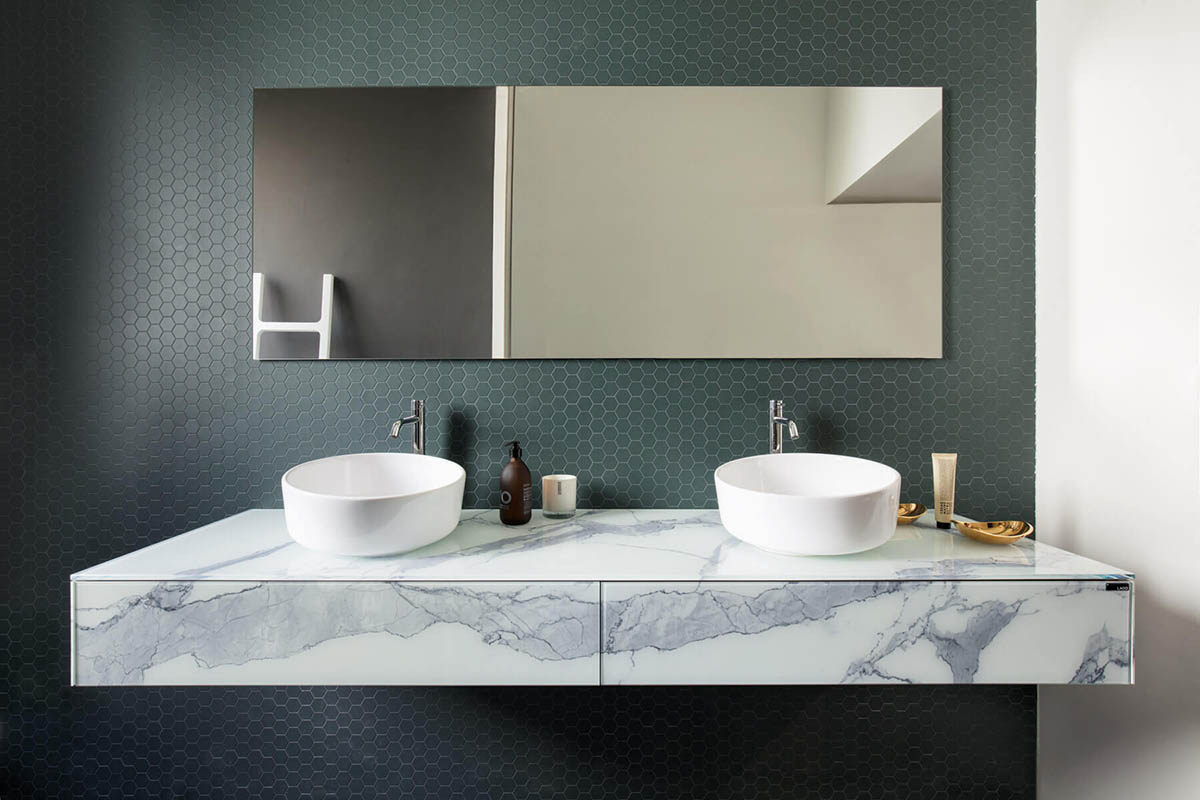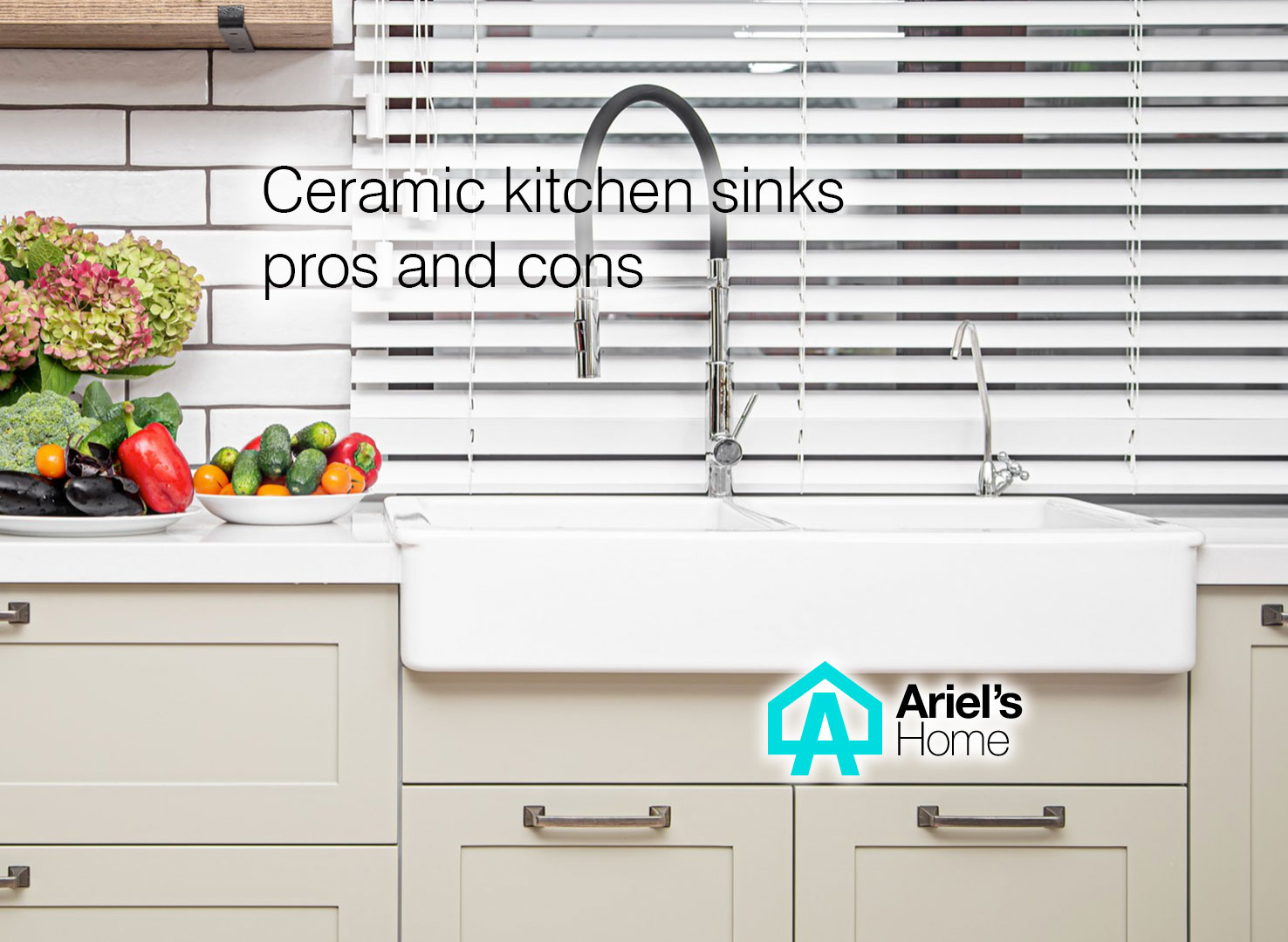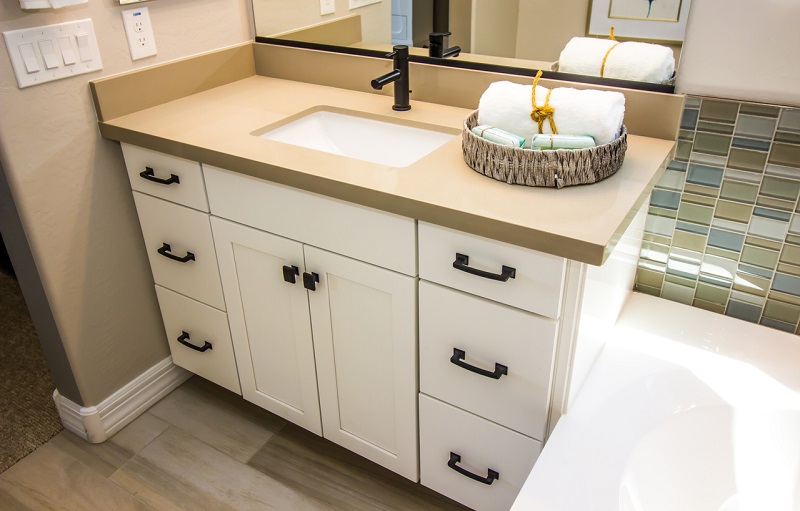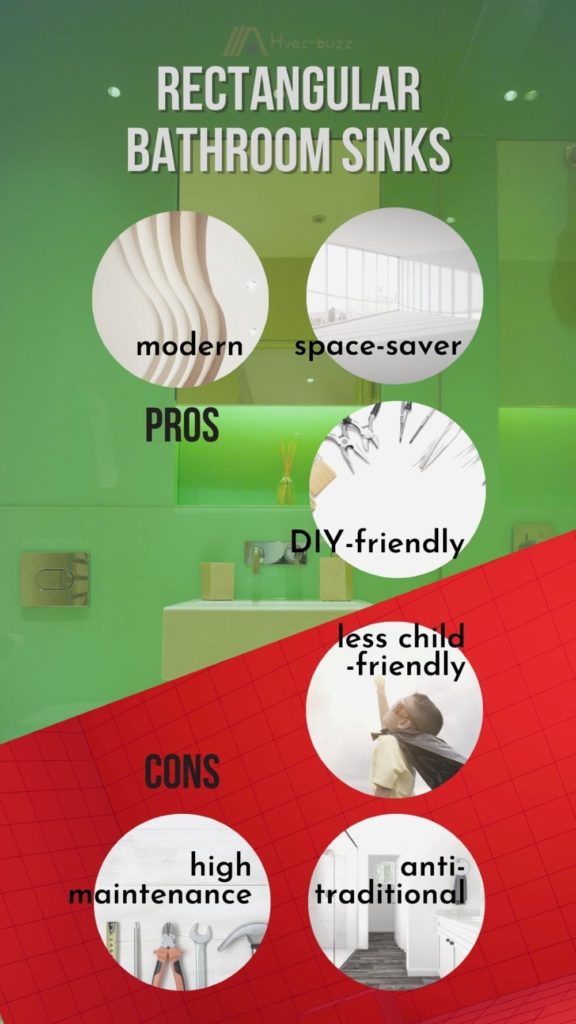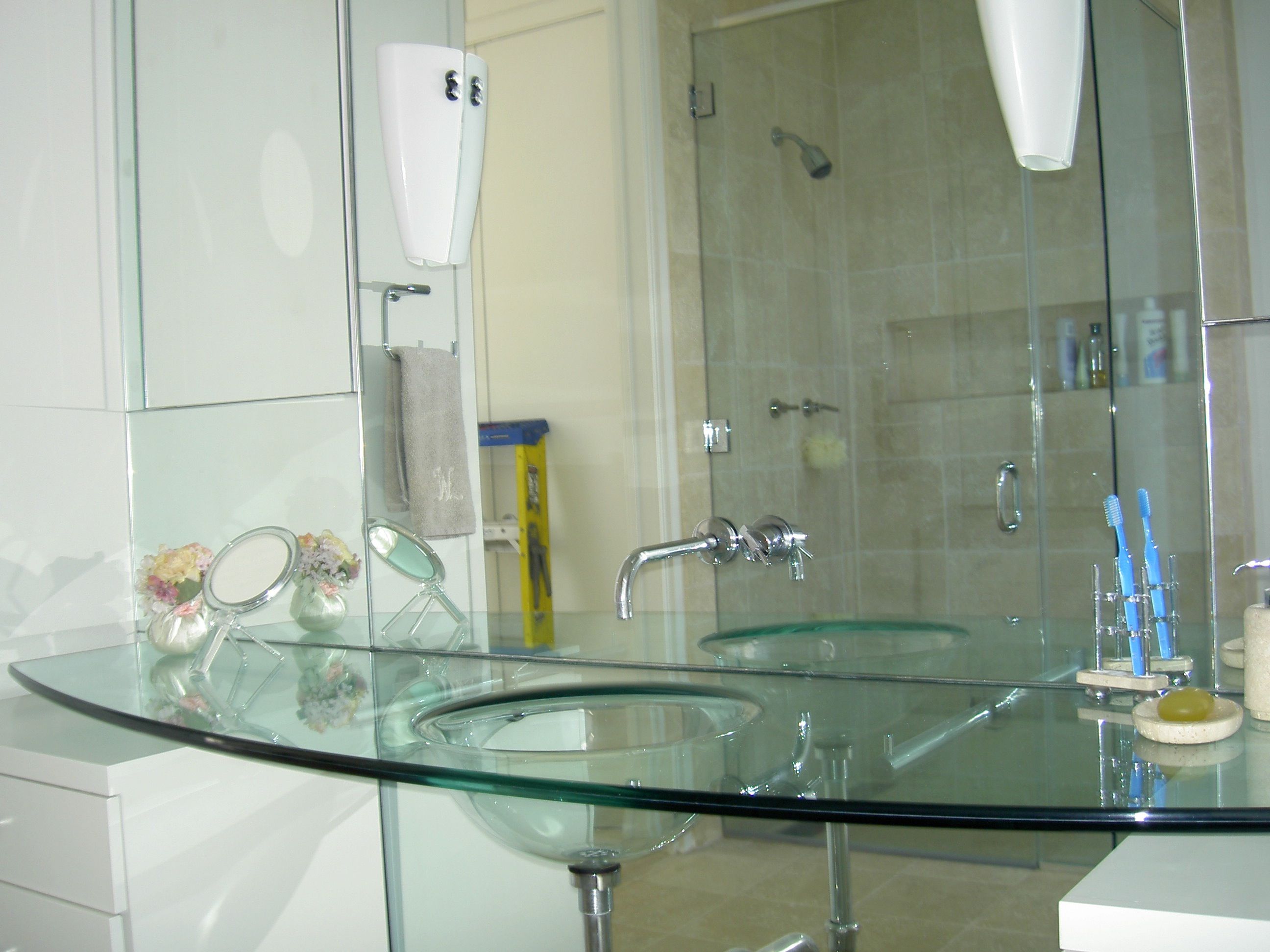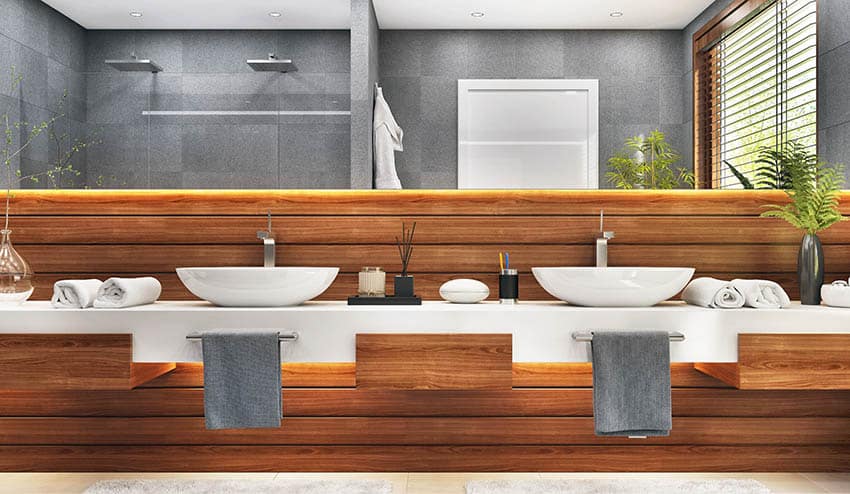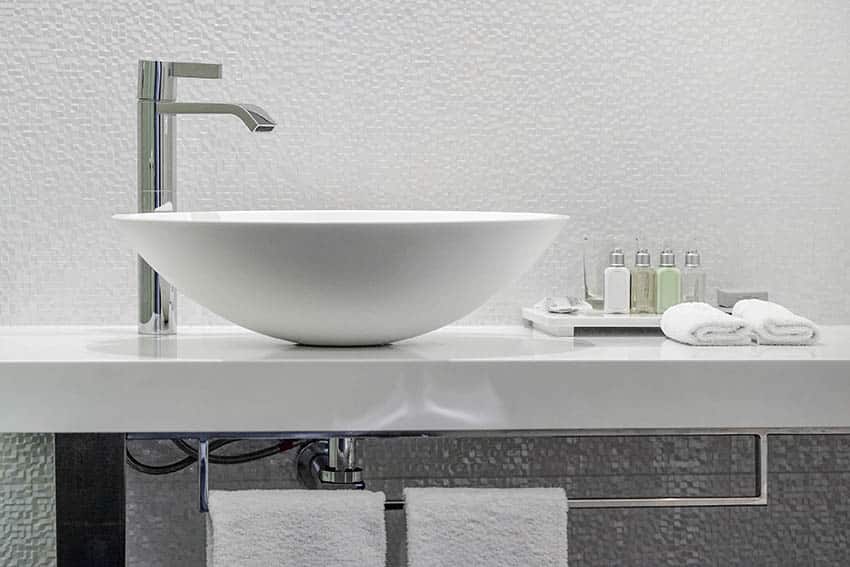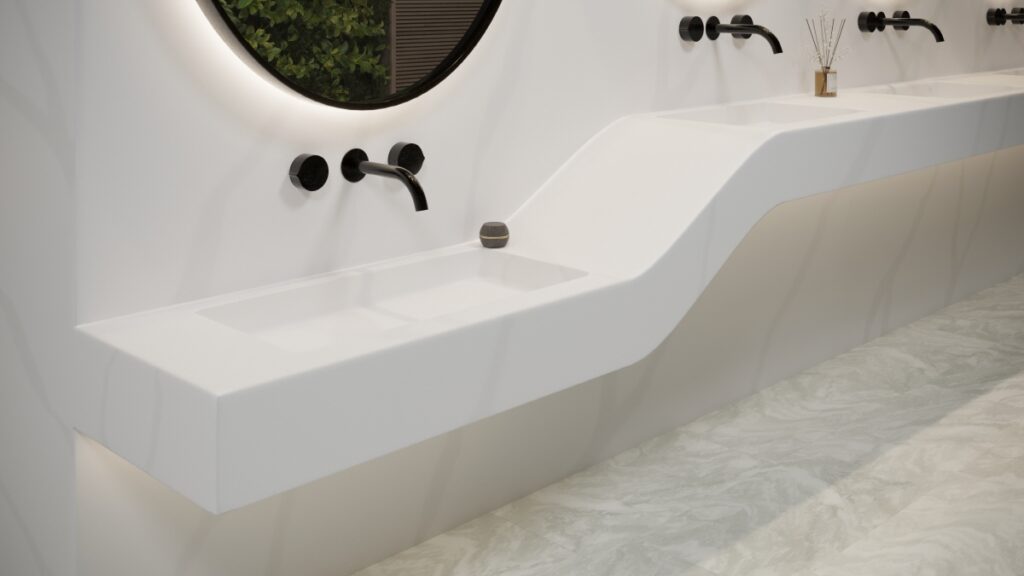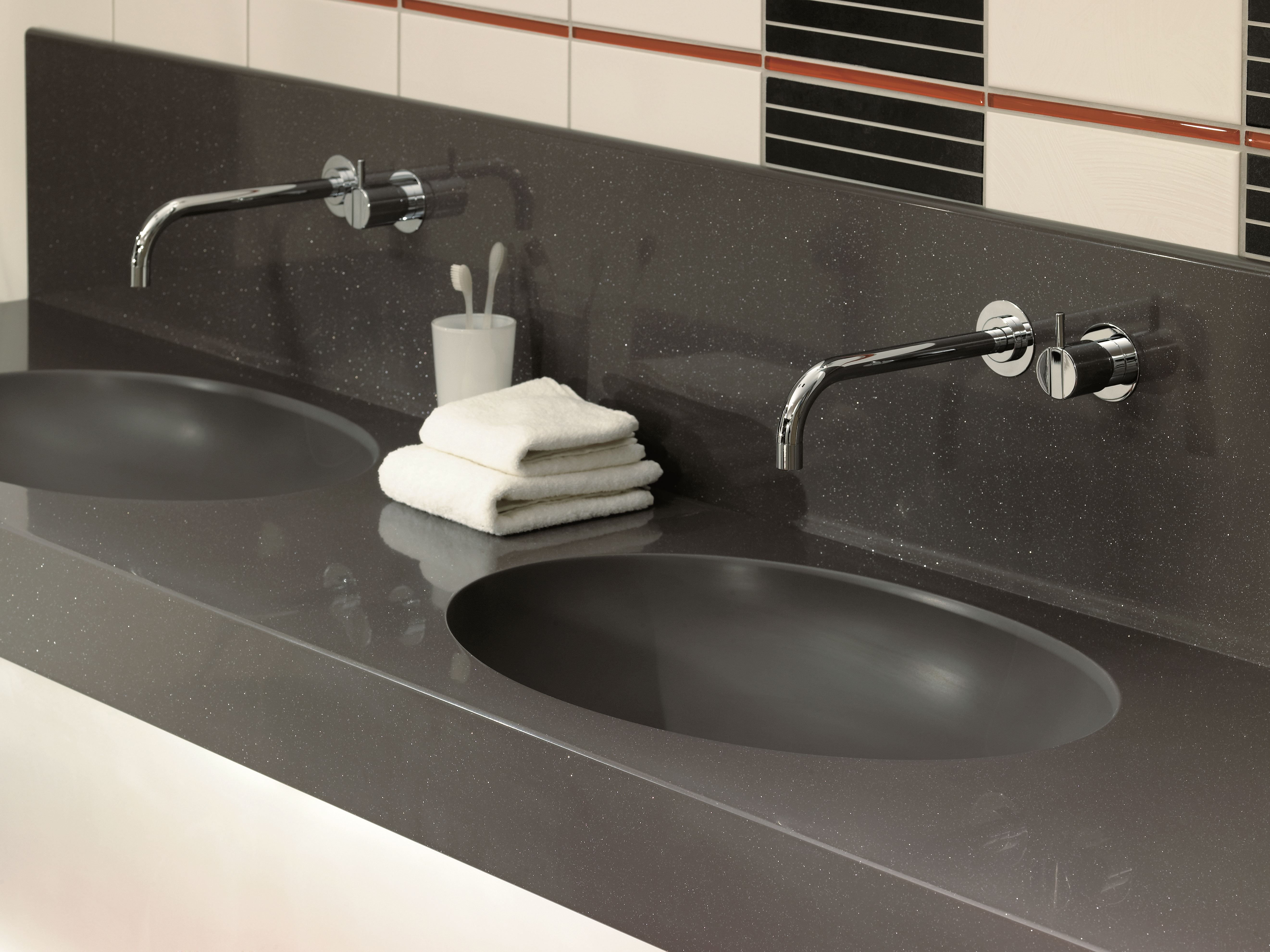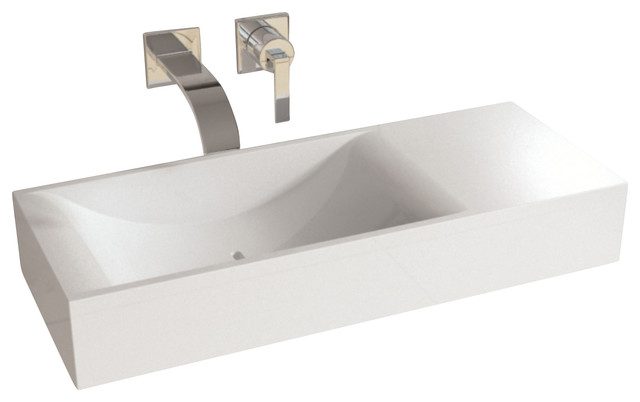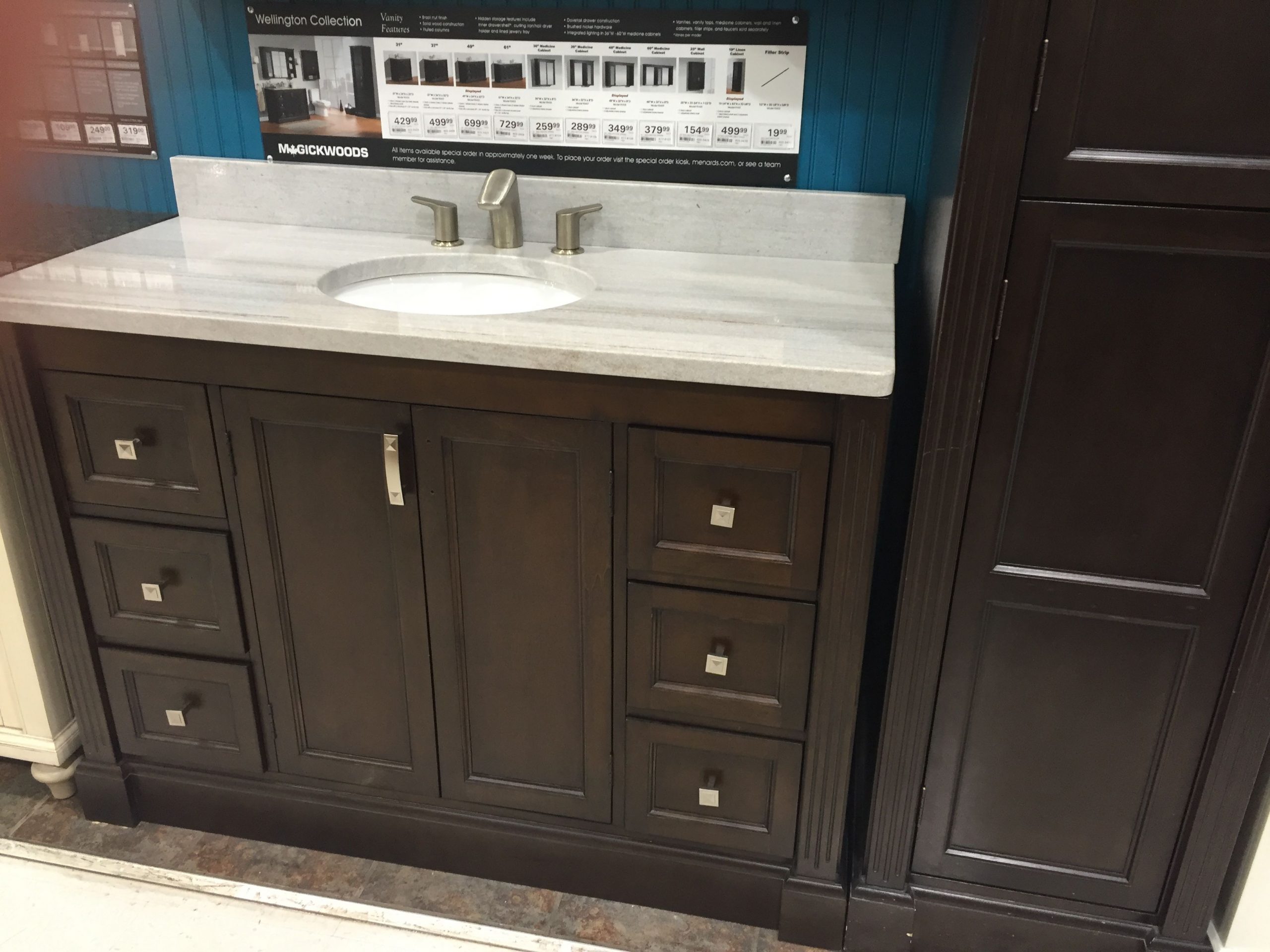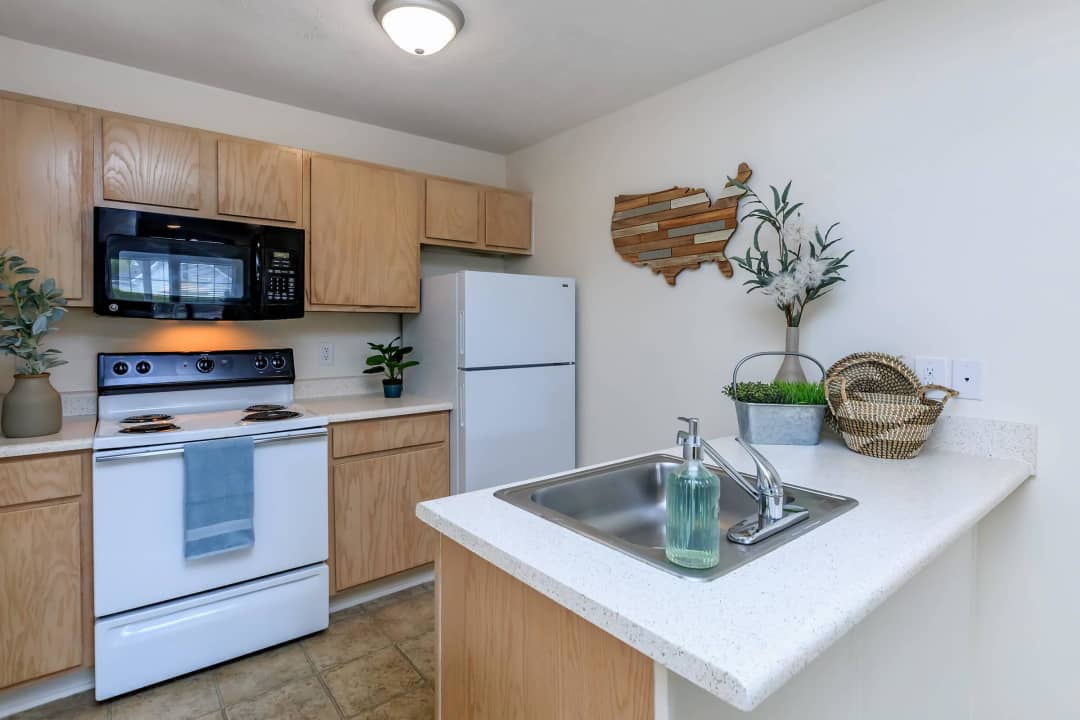Porcelain bathroom sinks are a popular choice for many homeowners due to their classic and versatile look. Made from a mixture of clay, minerals, and water, porcelain sinks are then glazed and fired at a high temperature to create a smooth, non-porous surface. While porcelain sinks have many benefits, they also come with a few drawbacks to consider. Pros: Durable: Porcelain sinks are known for their durability and can withstand daily use without showing signs of wear and tear. They are resistant to scratches, chips, and stains, making them an ideal choice for high-traffic bathrooms. Easy to clean: The glazed surface of porcelain sinks makes them easy to clean and maintain. A simple wipe down with a mild cleaner is all you need to keep your sink looking shiny and new. Wide range of styles and colors: Porcelain sinks come in a variety of styles, shapes, and colors, making it easy to find the perfect fit for your bathroom. Whether you prefer a traditional white sink or a bold colored one, there is a porcelain sink to match your design aesthetic. Cons: Prone to chipping and cracking: While porcelain sinks are durable, they can still be prone to chipping and cracking if heavy objects are dropped on them. It's important to handle them with care to avoid any damage. Can be noisy: The hard surface of porcelain sinks can make them noisy when running water or washing dishes. This may not be an issue for some, but for others, it can be a nuisance. Can stain if not cleaned regularly: If not cleaned regularly, porcelain sinks can develop stains that are difficult to remove. This can be avoided by wiping down the sink after each use and using a non-abrasive cleaner.Porcelain bathroom sinks: pros and cons
Marble bathroom sinks are a luxurious and elegant option for those looking to add a touch of sophistication to their bathroom. Made from natural stone, each marble sink is unique and adds a timeless beauty to any bathroom. However, there are some pros and cons to consider before choosing a marble sink for your bathroom. Pros: Beautiful and luxurious: There's no denying the beauty of a marble sink. The natural veining and patterns make each sink a unique work of art, adding a touch of luxury and elegance to any bathroom. Durable: With proper care, marble sinks can last a lifetime. They are resistant to scratches, chips, and stains, and can withstand high temperatures. Easy to clean: Marble sinks have a smooth and non-porous surface, making them easy to clean and maintain. A mild cleaner and soft cloth are all you need to keep your sink looking pristine. Cons: Expensive: Marble sinks are one of the most expensive options on the market. The cost of the sink itself, as well as installation, can add up quickly. Prone to staining and etching: While marble is a durable material, it is also porous, making it prone to staining and etching. It's important to clean up spills immediately to avoid any damage to the sink. Requires regular maintenance: Marble sinks require regular sealing to maintain their beauty and prevent staining. This can be time-consuming and add to the overall cost of owning a marble sink.Marble bathroom sinks: pros and cons
Granite bathroom sinks are another popular choice for their durability and natural beauty. Made from a combination of quartz, feldspar, and mica, granite sinks offer a unique and stunning addition to any bathroom. However, there are some pros and cons to consider before choosing a granite sink. Pros: Durable: Granite sinks are extremely durable and can withstand high temperatures, scratches, and stains. They are a great choice for high-traffic bathrooms and families with children. Low maintenance: Granite sinks are easy to clean and require minimal maintenance. A simple wipe down with a mild cleaner is all you need to keep your sink looking like new. Natural and unique: Like marble, granite sinks offer a one-of-a-kind look with their natural veining and patterns. No two sinks are alike, making them a unique addition to any bathroom. Cons: Expensive: Granite sinks can be expensive, with prices varying depending on the type and quality of the granite used. The cost of installation can also add to the overall expense. Heavy: Granite sinks are heavy and may require additional support during installation. This can add to the installation cost and may limit where the sink can be placed in the bathroom. Can be prone to chipping and staining: While durable, granite sinks can still be prone to chipping and staining if not properly cared for. It's important to avoid using harsh chemicals or abrasive cleaners on the sink to prevent any damage.Granite bathroom sinks: pros and cons
Stainless steel bathroom sinks are a popular choice for their sleek and modern look. Made from a combination of steel and chromium, these sinks offer a durable and affordable option for any bathroom. Here are some pros and cons to consider before choosing a stainless steel sink. Pros: Affordable: Stainless steel sinks are one of the most affordable options on the market, making them a great choice for those on a budget. Durable: Stainless steel sinks are resistant to scratches, stains, and heat, making them a durable choice for any bathroom. Easy to clean and maintain: The smooth and non-porous surface of stainless steel sinks makes them easy to clean and maintain. A simple wipe down with a mild cleaner is all you need to keep your sink looking shiny and new. Cons: Noisy: The hard surface of stainless steel sinks can make them noisy when running water or washing dishes. This may not be an issue for some, but for others, it can be a nuisance. Can scratch and dent: While durable, stainless steel sinks can still scratch and dent if heavy objects are dropped on them. It's important to handle them with care to avoid any damage. Can show water spots and fingerprints: Stainless steel sinks can show water spots and fingerprints, making them require more frequent cleaning to maintain their shine.Stainless steel bathroom sinks: pros and cons
Ceramic bathroom sinks are a popular choice for their affordability and versatility. Made from a mixture of clay and other minerals, ceramic sinks are then fired at a high temperature to create a durable and non-porous surface. Here are some pros and cons to consider before choosing a ceramic sink for your bathroom. Pros: Affordable: Ceramic sinks are one of the most affordable options on the market, making them a great choice for those on a budget. Easy to clean and maintain: The glazed surface of ceramic sinks makes them easy to clean and maintain. A simple wipe down with a mild cleaner is all you need to keep your sink looking like new. Wide range of styles and colors: Ceramic sinks come in a variety of styles, shapes, and colors, making it easy to find the perfect fit for your bathroom. Whether you prefer a traditional white sink or a bold colored one, there is a ceramic sink to match your design aesthetic. Cons: Prone to chipping and cracking: While durable, ceramic sinks can still be prone to chipping and cracking if heavy objects are dropped on them. It's important to handle them with care to avoid any damage. Can stain if not cleaned regularly: If not cleaned regularly, ceramic sinks can develop stains that are difficult to remove. This can be avoided by wiping down the sink after each use and using a non-abrasive cleaner. Not as durable as other materials: Ceramic sinks may not be as durable as other materials, such as porcelain or granite. They can be more prone to scratches and chips, so it's important to handle them with care.Ceramic bathroom sinks: pros and cons
Cast iron bathroom sinks are a classic and durable option for any bathroom. Made from molten iron that is poured into a mold, these sinks offer a timeless look that can last for decades. However, there are some pros and cons to consider before choosing a cast iron sink for your bathroom. Pros: Durable: Cast iron sinks are extremely durable and can last for decades with proper care. They are resistant to scratches, chips, and stains, making them a great choice for high-traffic bathrooms. Wide range of styles and colors: Cast iron sinks come in a variety of styles and colors, making it easy to find the perfect fit for your bathroom. From traditional white to bold colors, there is a cast iron sink to match any design aesthetic. Easily customizable: Cast iron sinks can be easily customized with designs and patterns, adding a unique touch to your bathroom. Cons: Expensive: Cast iron sinks can be expensive, with prices varying depending on the size and style of the sink. The cost of installation can also add to the overall expense. Heavy: Cast iron sinks are heavy and may require additional support during installation. This can add to the installation cost and may limit where the sink can be placed in the bathroom. Can chip and rust: While durable, cast iron sinks can still chip and rust if not properly cared for. It's important to avoid using abrasive cleaners and to dry the sink after each use to prevent any rusting.Cast iron bathroom sinks: pros and cons
Glass bathroom sinks offer a modern and unique look for any bathroom. Made from tempered glass, these sinks are extremely durable and can add a beautiful focal point to your bathroom. Here are some pros and cons to consider before choosing a glass sink. Pros: Modern and unique: Glass sinks offer a modern and unique look that can add a touch of elegance to any bathroom. They come in a variety of colors and designs, making it easy to find the perfect fit for your space. Durable: Tempered glass is extremely durable and can withstand high temperatures and heavy use. It is also resistant to scratches and stains, making it a great choice for high-traffic bathrooms. Easy to clean and maintain: The smooth and non-porous surface of glass sinks makes them easy to clean and maintain. A simple wipe down with a mild cleaner is all you need to keep your sink looking like new. Cons: Expensive: Glass sinks can be expensive, with prices varying depending on the size, design, and quality of the glass. The cost of installation can also add to the overall expense. Prone to chipping and cracking: While durable, glass sinks can still be prone to chipping and cracking if heavy objects are dropped on them. It's important to handle them with care to avoid any damage. Can show water spots and fingerprints: Glass sinks can show water spots and fingerprints, making them require more frequent cleaning to maintain their shine.Glass bathroom sinks: pros and cons
Solid surface bathroom sinks are a popular choice for their seamless and modern look. Made from a combination of acrylic, polyester resins, and pigments, these sinks offer a durable and low maintenance option for any bathroom. Here are some pros and cons to consider before choosing a solid surface sink. Pros: Seamless and customizable: Solid surface sinks offer a seamless and customizable option for any bathroom. They can be made to any shape and size, allowing for a unique and personalized sink. Durable: Solid surface sinks are resistant to scratches, stains, and heat, making them a great choice for high-traffic bathrooms. Easy to clean and maintain: The non-porous surface of solid surface sinks makes them easy to clean and maintain. A simple wipe down with a mild cleaner is all you need to keep your sink looking like new. Cons: Expensive: Solid surface sinks can be expensive, with prices varying depending on the size and design of the sink. The cost of installation can also add to the overall expense. Can be prone to scratching: While durable, solid surface sinks can be prone to scratching if not properly cared for. It's important to avoid using abrasive cleaners and to use a cutting board when preparing food in the sink.Solid surface bathroom sinks: pros and cons
Choosing the Right Bathroom Sink Material for Your Home

Introduction
 When it comes to designing your dream bathroom, every little detail matters. From the tiles on the walls to the fixtures on the sink, every element plays a crucial role in creating the perfect aesthetic. One such important feature in a bathroom is the sink, and choosing the right material for it is essential for both functionality and design. In this article, we will discuss the pros and cons of different bathroom sink materials to help you make an informed decision for your home.
When it comes to designing your dream bathroom, every little detail matters. From the tiles on the walls to the fixtures on the sink, every element plays a crucial role in creating the perfect aesthetic. One such important feature in a bathroom is the sink, and choosing the right material for it is essential for both functionality and design. In this article, we will discuss the pros and cons of different bathroom sink materials to help you make an informed decision for your home.
Porcelain
 Porcelain is one of the most common and popular materials used for bathroom sinks. It is a type of ceramic that is heated at high temperatures, making it durable and resistant to scratches and stains. It also has a smooth, glossy finish that is easy to clean and maintain. However, porcelain sinks can be prone to chipping and cracking if heavy objects are dropped on them, and the glossy finish can wear off over time.
Porcelain is one of the most common and popular materials used for bathroom sinks. It is a type of ceramic that is heated at high temperatures, making it durable and resistant to scratches and stains. It also has a smooth, glossy finish that is easy to clean and maintain. However, porcelain sinks can be prone to chipping and cracking if heavy objects are dropped on them, and the glossy finish can wear off over time.
Stainless Steel
 Stainless steel is another popular choice for bathroom sinks, thanks to its sleek and modern look. It is a durable material that is resistant to stains, rust, and corrosion, making it an ideal option for high-traffic bathrooms. Stainless steel sinks are also easy to clean and maintain, and they come in a variety of shapes and sizes to fit any design aesthetic. However, they can be noisy and prone to scratches and dents, which can affect the overall appearance of the sink.
Stainless steel is another popular choice for bathroom sinks, thanks to its sleek and modern look. It is a durable material that is resistant to stains, rust, and corrosion, making it an ideal option for high-traffic bathrooms. Stainless steel sinks are also easy to clean and maintain, and they come in a variety of shapes and sizes to fit any design aesthetic. However, they can be noisy and prone to scratches and dents, which can affect the overall appearance of the sink.
Marble
 For those looking for a luxurious and elegant bathroom design, marble sinks can be a great option. They are made from natural stone and can add a touch of sophistication to any bathroom. Marble sinks are also durable, heat-resistant, and easy to clean. However, they are expensive and require regular sealing to prevent stains and water damage.
For those looking for a luxurious and elegant bathroom design, marble sinks can be a great option. They are made from natural stone and can add a touch of sophistication to any bathroom. Marble sinks are also durable, heat-resistant, and easy to clean. However, they are expensive and require regular sealing to prevent stains and water damage.
Concrete
 Concrete sinks have gained popularity in recent years as they offer a unique and industrial look to a bathroom. They are custom-made and can be designed in various shapes and sizes. Concrete sinks are also heat and scratch-resistant, making them a durable option. However, they can be heavy and require proper sealing to prevent staining.
Concrete sinks have gained popularity in recent years as they offer a unique and industrial look to a bathroom. They are custom-made and can be designed in various shapes and sizes. Concrete sinks are also heat and scratch-resistant, making them a durable option. However, they can be heavy and require proper sealing to prevent staining.
Conclusion
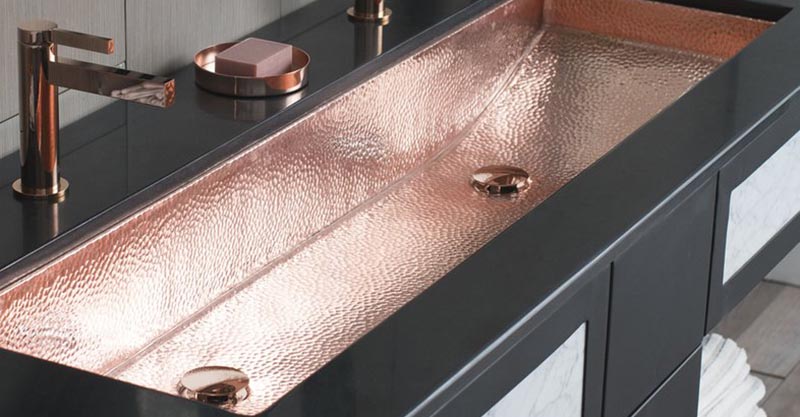 When it comes to bathroom sink materials, there is no one-size-fits-all solution. Each material has its own set of pros and cons, and it ultimately depends on your personal preferences and budget. Consider the overall design of your bathroom, as well as the functionality and maintenance of the sink before making a decision. With the right material, your bathroom sink can not only enhance the aesthetics of your space but also provide functionality that will last for years to come.
When it comes to bathroom sink materials, there is no one-size-fits-all solution. Each material has its own set of pros and cons, and it ultimately depends on your personal preferences and budget. Consider the overall design of your bathroom, as well as the functionality and maintenance of the sink before making a decision. With the right material, your bathroom sink can not only enhance the aesthetics of your space but also provide functionality that will last for years to come.





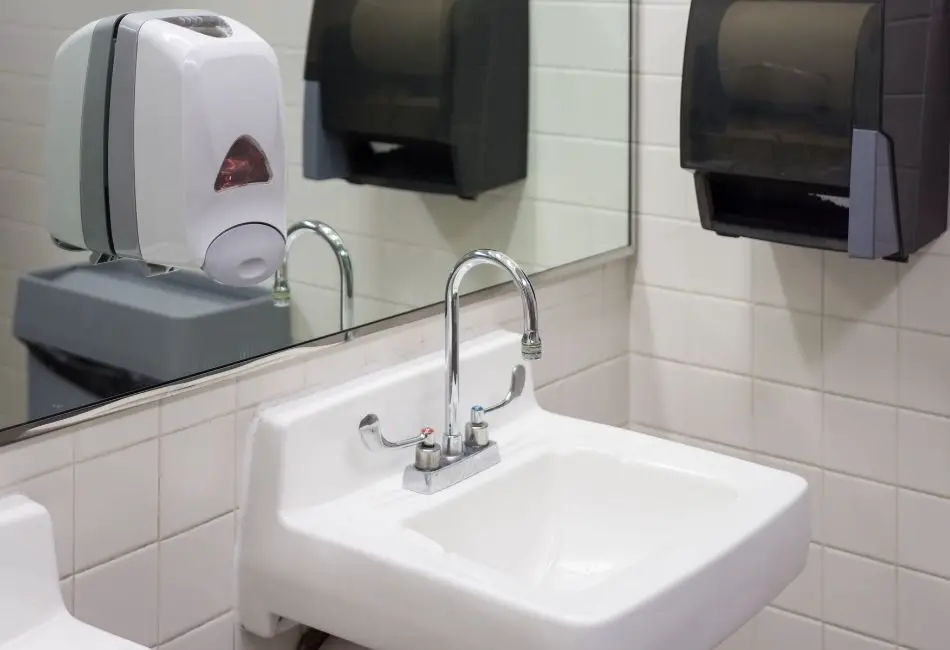
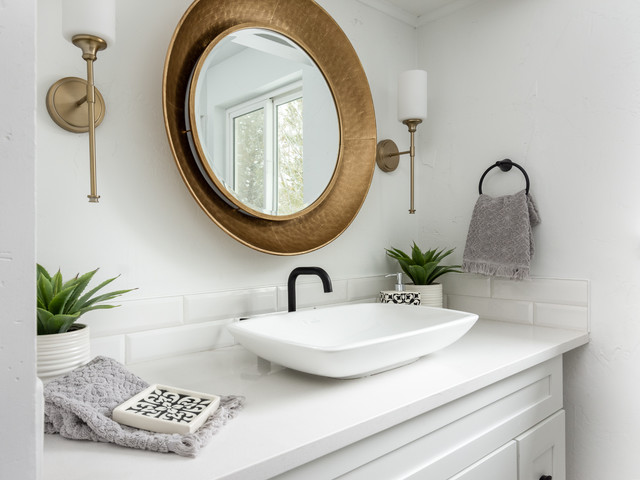
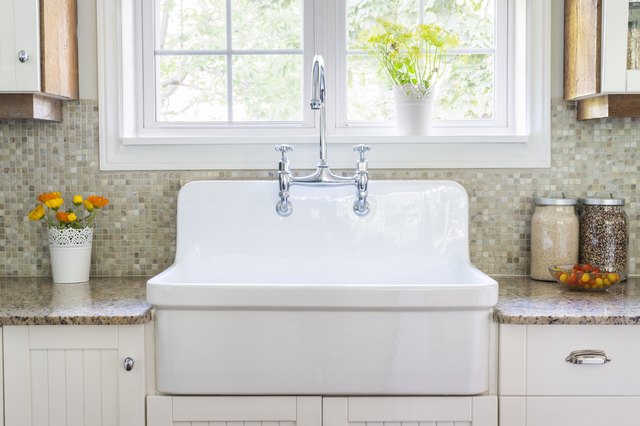
:max_bytes(150000):strip_icc()/porcelain-floor-tile-advantages-and-disadvantages-1314703_0456-fb03c4c00c274d92ac7413b35b9b0f5b.jpg)










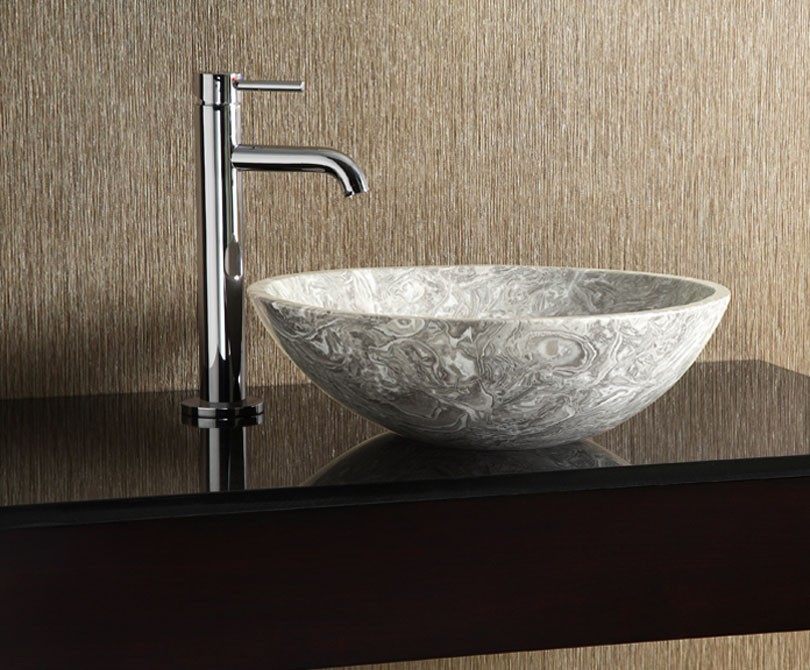
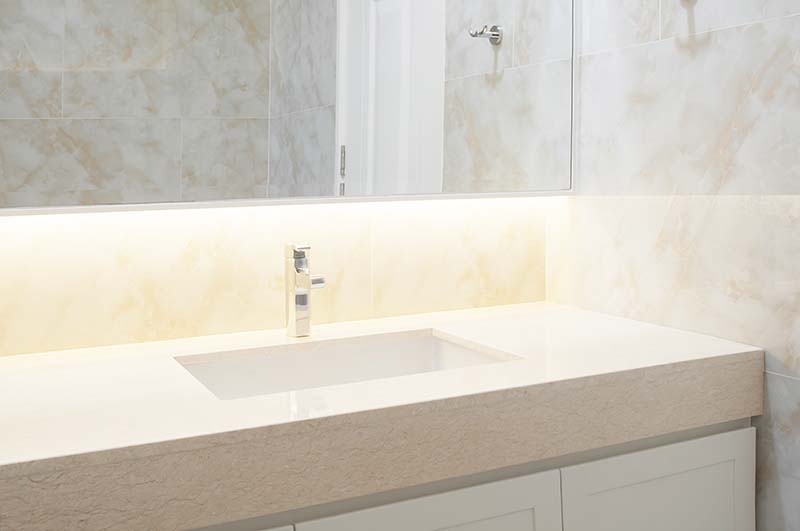
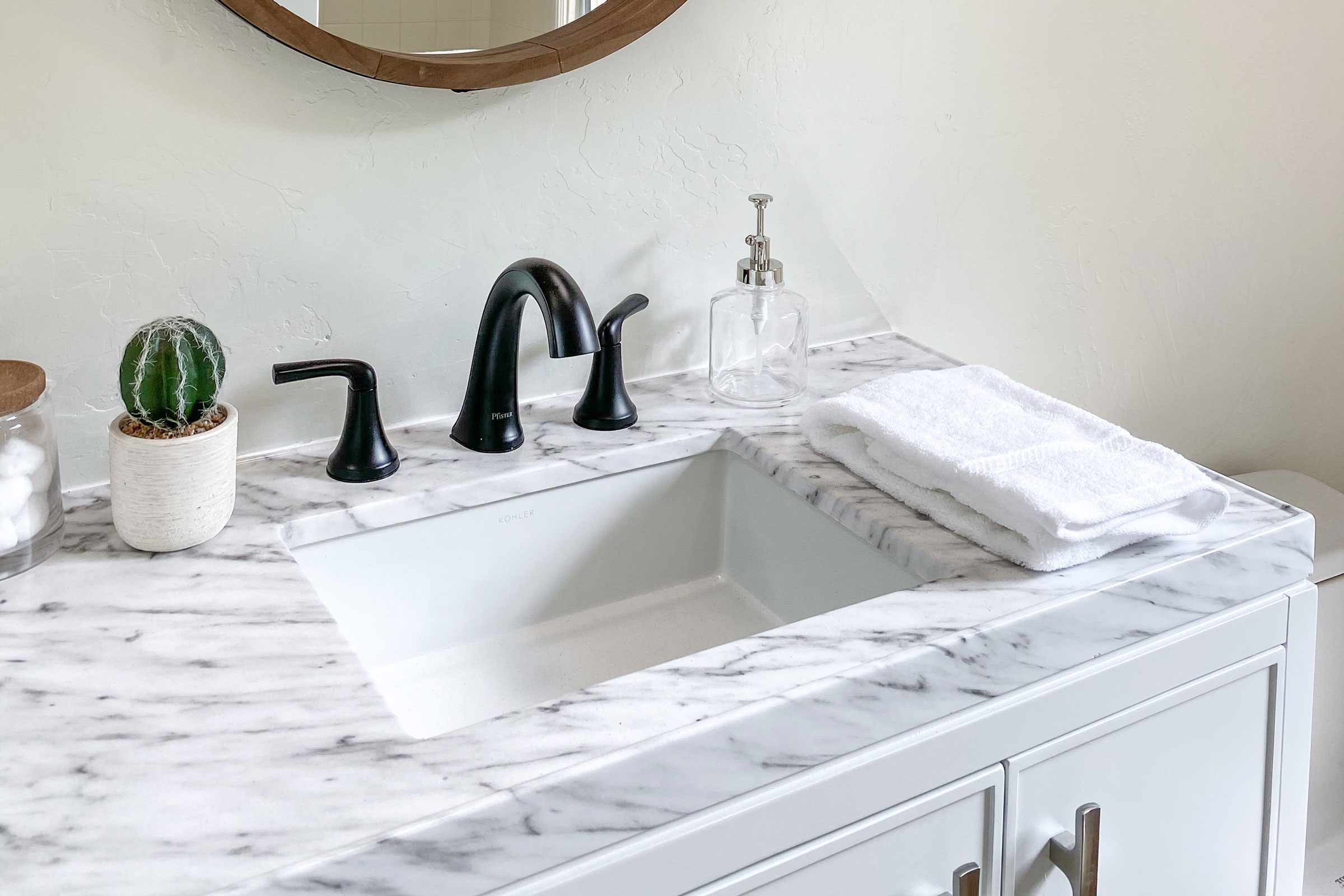
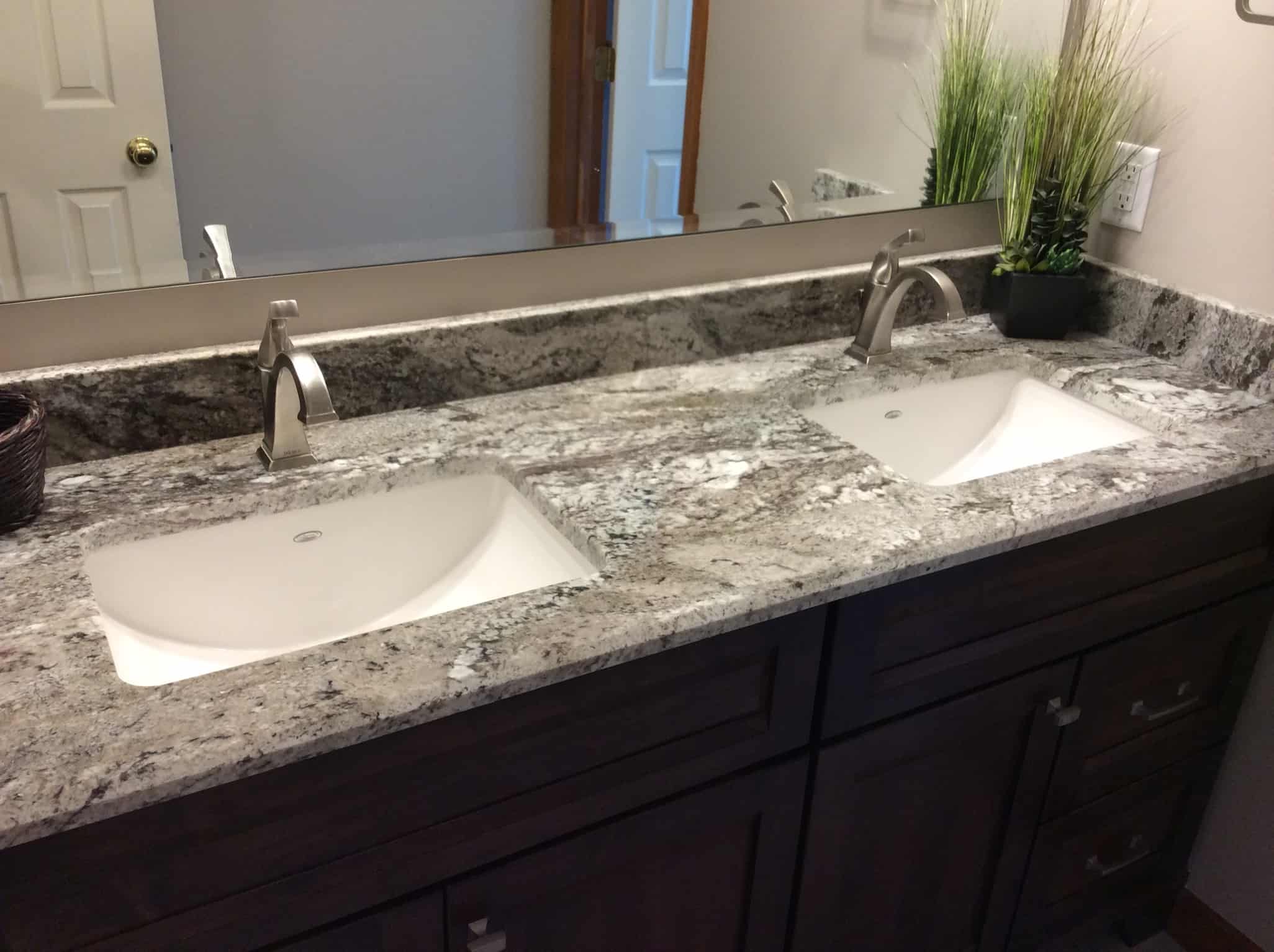
:max_bytes(150000):strip_icc()/Bathroom-countertop-materials-1821381-v3-9ad344e61bf1486e81adbe703a5b0c95.png)
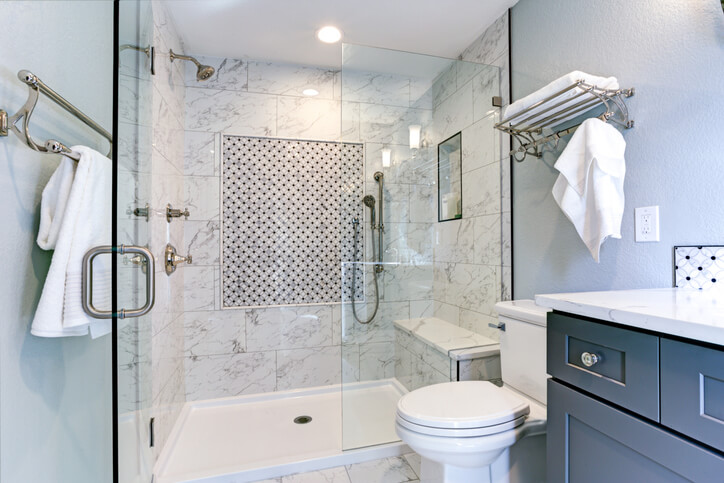








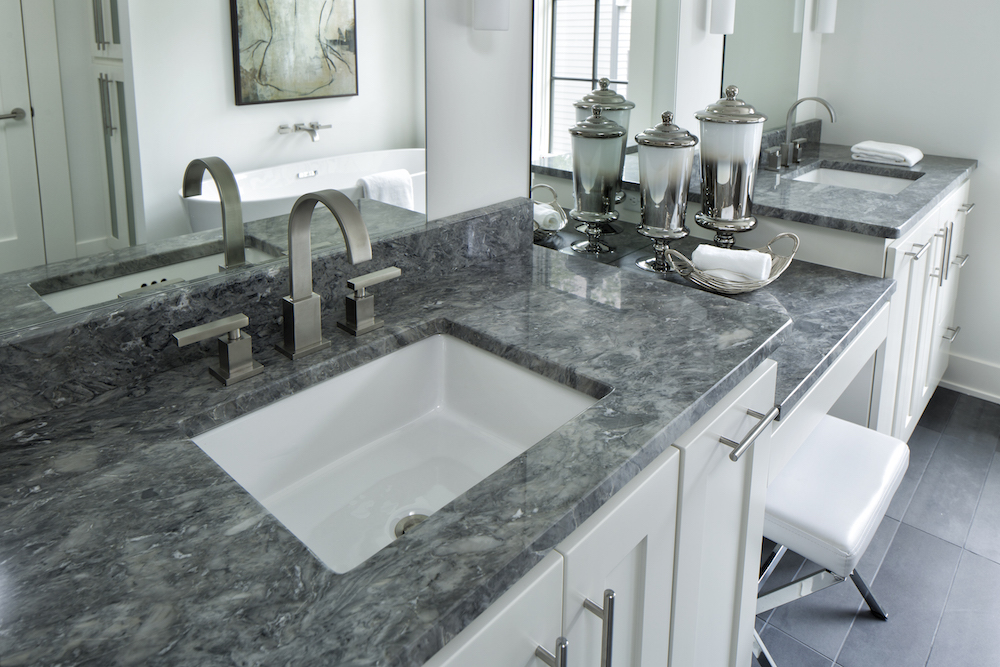




?wid=1200&hei=630)





